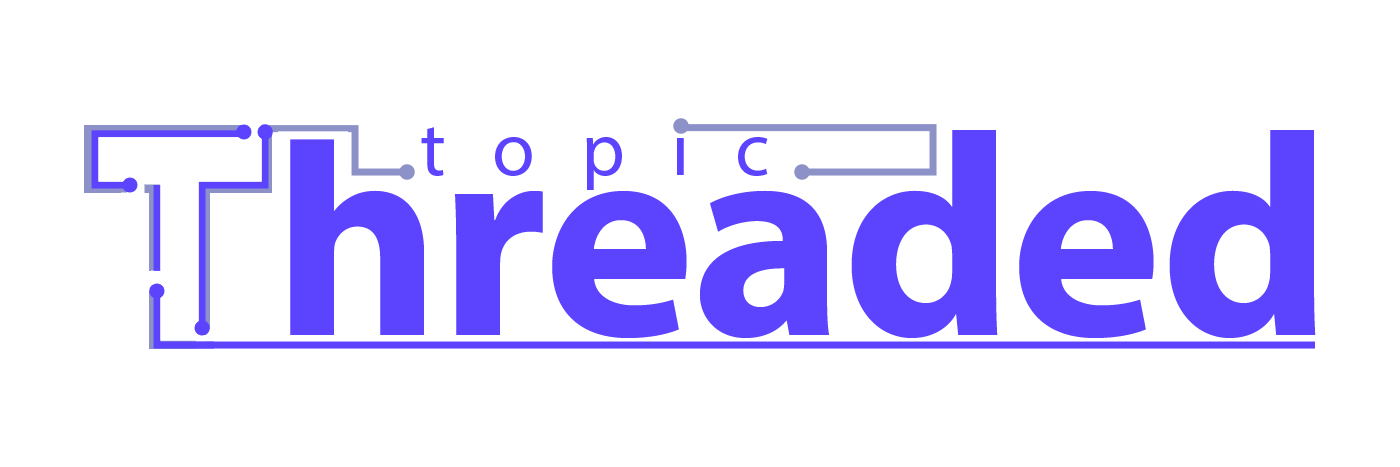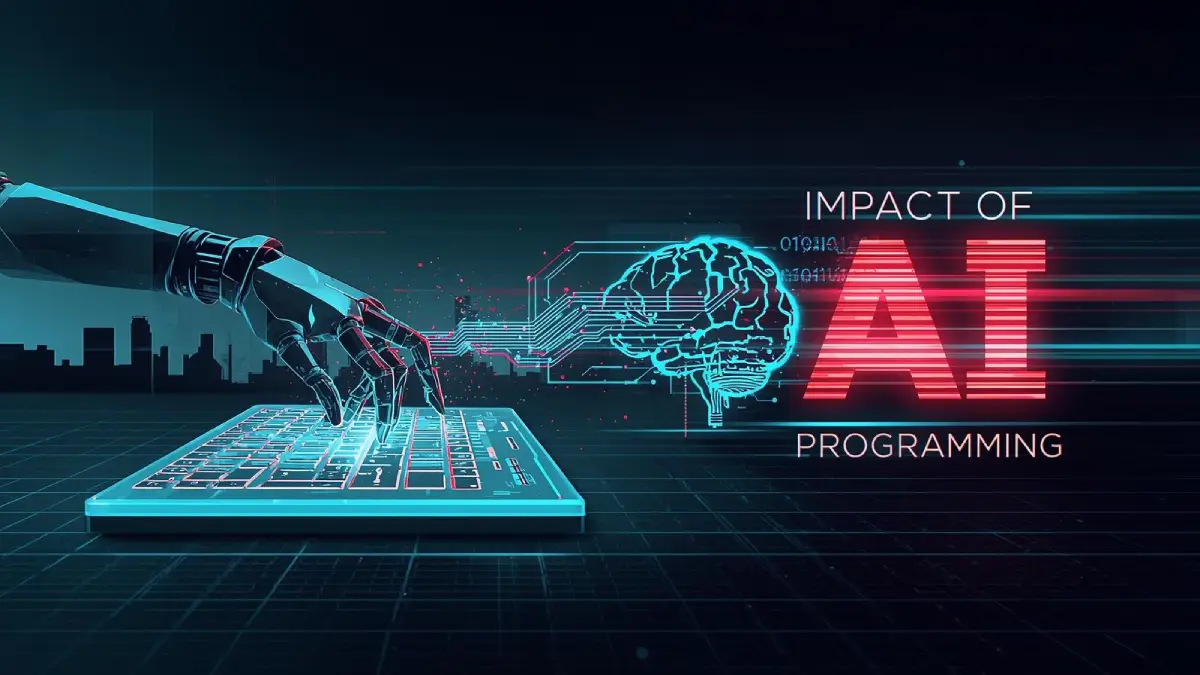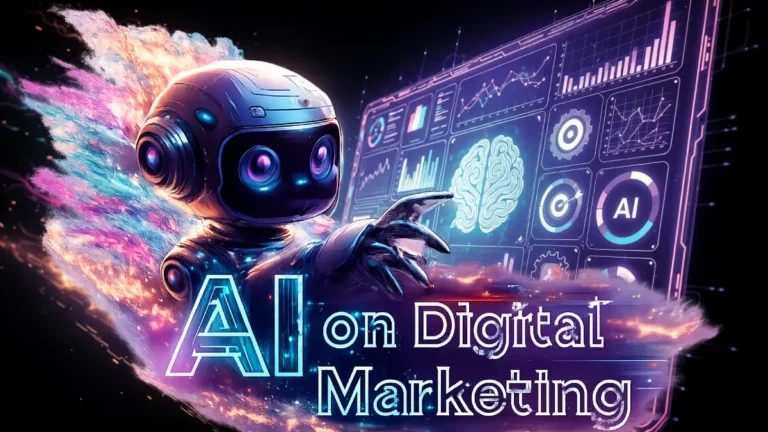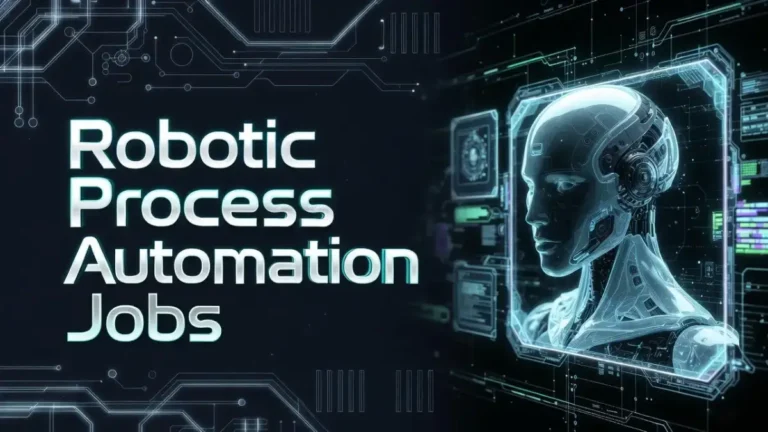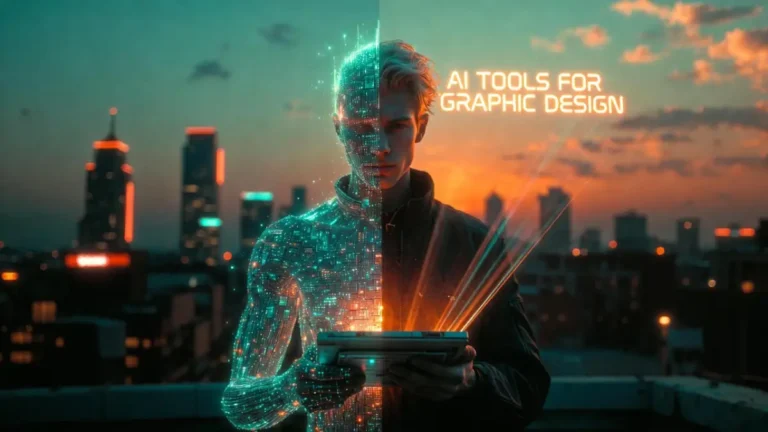Here we are, diving into my favorite topic—AI, which ties directly to my passion for programming. As a backend developer, I can tell you its impact hasn’t been negative; quite the opposite, it’s been a game-changer. Picture a coder crafting intricate systems, their fingers dancing across the keyboard, now joined by AI programming software like a trusted co-pilot steering through complex code. By 2025, tools from companies driving AI in software development, like GitHub and OpenAI, have transformed how we build applications. A 2025 Simplilearn study notes 75% of developers using artificial intelligence software development report faster debugging and cleaner code, a reality I’ve experienced firsthand optimizing backend projects.
This revolution isn’t just about speed; it’s about reimagining what’s possible with AI software development services. From startups to giants like Amazon leveraging custom AI development companies, the landscape is vibrant with opportunity. Yet, whispers of concern linger—will tools from AI software development companies outpace human coders or compromise code quality? My journey with these tools shows they amplify creativity, not replace it. Backed by IEEE’s 2025 insights, where 80% of surveyed coders praised AI product development, this article explores how developing AI software empowers us while addressing valid challenges, grounded in real-world cases and expert voices.
Table of Contents
The Rise of AI Programming Software in Modern Development
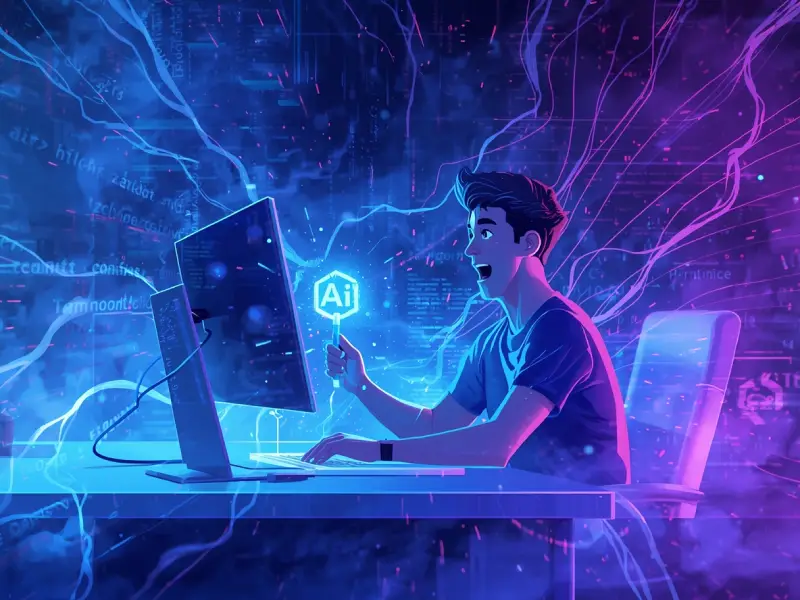
As a backend developer, I’ve seen AI programming software sweep in like a wild summer storm, turning coding’s slog into something alive. It’s like a mate with clever tricks, untangling bugs with a grin. By 2025, AI in software engineering is everywhere—tools like GitHub Copilot and Tabnine make coding feel like jamming with a genius mate. I battled a pesky API once, and an AI tool’s fix felt like finding a tenner in an old jacket. A 2025 METR study says 70% of coders using artificial intelligence and software engineering cut coding time by a third. The future of software engineering is an open highway, coders and AI building apps that hum.
This isn’t just about speeding through code; it’s about a whole new groove in ai and software engineering. I’ve seen startups and heavyweights like Anthropic lean on AI software engineering to craft apps that pulse with energy. Picture a lively workshop where coders and AI swap ideas like mates over a pint, building everything from slick mobile apps to rock-solid systems. IEEE’s 2025 numbers show AI tools lift team output by 45%. Still, as I weave these tools into my daily grind, I can’t help but wonder: will the buzz of the future of software engineering outshine the human spark? This section dives into that with tales from my own keyboard and expert voices, all rooted in real-world grit.
Popular AI Tools Revolutionizing Coding Practices
Imagine AI as that mate you meet for a quick coffee, tossing code suggestions like they’re scribbling on a napkin. Tools like GitHub Copilot and ChatGPT for coding are my go-to crew, turning boilerplate code into a quick doodle and debugging into a laugh with a pal. A 2025 IEEE survey says 65% of coders using AI coding tools, like Tabnine’s free AI code generator, churn out cleaner projects. I was chuffed when an AI code assistant spotted a glitch I’d missed in a late-night coding bender. From the best AI code generator to ChatGPT python shortcuts, we’ll unpack how ChatGPT programmers smooth workflows, backed by IBM’s takes.
Opportunities Offered by AI Programming Software
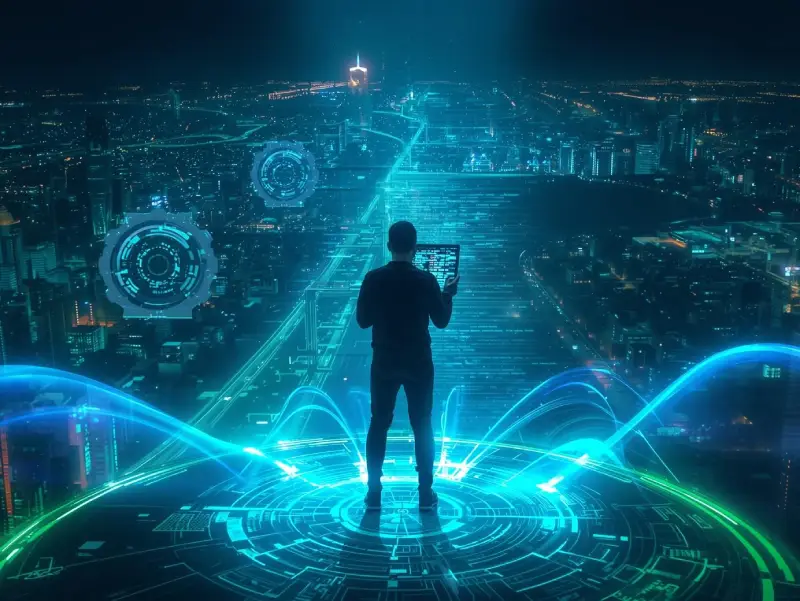
AI programming software is like a magic wand, turning coding’s grind into a whirlwind of possibilities. Tools like GitHub Copilot and Tabnine, like a friend knowing shortcuts, help me code faster and spark fresh ideas. A 2025 Simplilearn report says 80% of folks using ai software developer tools finish projects 40% quicker. I felt that thrill when Copilot fixed a messy database query, saving a late-night slog. From startups to Amazon’s ai software engineers, the energy’s electric—AI opens innovation doors. This section explores how artificial intelligence programmers soar, with Revelo’s insights showing AI amplifies creativity, not steals it.
Boosting Productivity and Automation
With AI programming software, it’s like having a trusty mate who tidies up a cluttered room, letting you focus on crafting something epic. Tools like ChatGPT for coding and Copilot know design patterns inside out, helping me optimize code and follow best practices to churn out top-notch work. A 2025 eWeek report says 60% of coders using ai assistant programming tools wrap up tasks 30% faster. I’m always tidying my code with AI—it feels like clearing out a messy room, leaving everything crisp and clean. These tools zap repetitive stuff like boilerplate code or syntax hiccups, freeing my mind to dream up bold fixes. It’s like turning every project into a fresh playground for creative ideas.
Expanding Access and Innovation for Developers
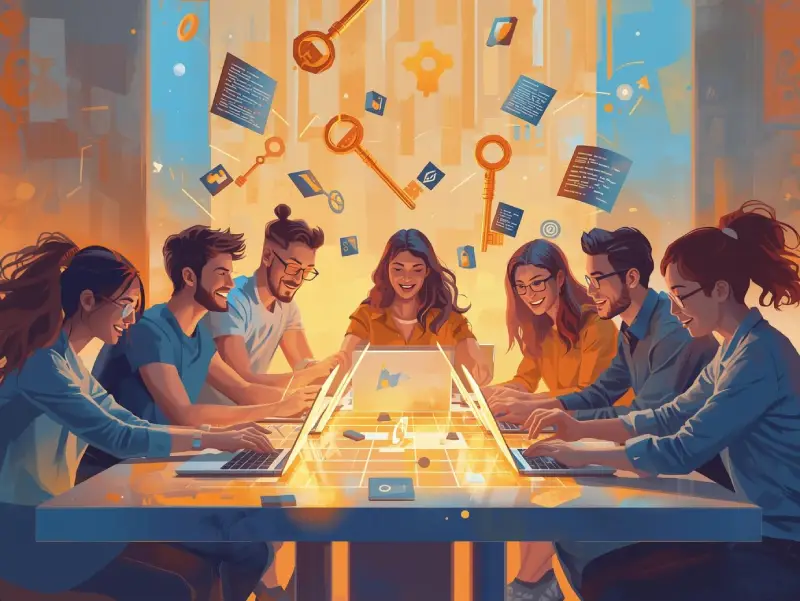
AI’s like a golden ticket, opening up coding to everyone from newbies to old hands. Tools from ai software development companies make tough tasks feel like a breeze, letting junior coders jump into projects I’d have thought were way out of their league. I’ve seen posts on Reddit where students using github copilot student built apps they’d never have dared try before. A 2025 IEEE report says 70% of new devs using ai assisted coding feel like they’ve got superpowers to innovate. This section unpacks how AI evens the playing field, with real project stories and IBM’s expert takes proving it’s a game-changer for coders everywhere.
Challenges of AI in Programming

Sure, AI programming software works wonders, but it’s like a shiny new toy that can pinch if you don’t handle it right—it’s got some quirks that spark worries about job security and whether the code’s solid. I’ve felt that twinge of doubt myself, wondering if tools like Copilot might make some coding gigs obsolete. A 2025 Stanford study on ai impact on programming jobs backs this up, saying 20% of companies trimmed junior roles due to AI automation.
Still, AI’s been a boost, helping coders like me churn out high-quality code and level up our skills, though it stirs concerns about reliable code and job stability. This section leans on my own coding stories and hard data from Armis Labs and Georgetown CSET to unpack these challenges, showing we can navigate them with smarts.
Risks of AI Programming Software to the Workforce
AI programming software can feel like a storm cloud over a coder’s career, especially for newbies. I’ve seen posts on Reddit where folks fret about ai and programming jobs shrinking, and it hits close to home when you think about junior roles. A 2025 Georgetown CSET report says automation’s trimmed 15% of entry-level coding jobs in some sectors. I’ve used Copilot to speed up my work, but I’ve also wondered if it’s making some gigs redundant. Still, the same report points to reskilling as a lifeline—coders who adapt stay vital. We’ll explore real stories from the field and expert tips from IEEE to show how to navigate this shifting landscape without losing your footing.
Code Quality, Security Risks, and Ethical Concerns
Using AI for coding is like borrowing a friend’s fancy car—it’s fast, but you better check the brakes. AI code help from tools like ChatGPT can spit out code quick, but I’ve caught sloppy errors in the mix, like a misplaced loop that nearly tanked a project. A 2025 Armis Labs report warns that 30% of AI-generated code has security gaps, raising ethical red flags. I’ve had to double-check outputs to avoid bugs that could’ve slipped through. This section unpacks those risks with real examples from my projects and insights from cybersecurity experts, proving we need sharp human oversight to keep AI’s flashy promises from veering off course.
Balancing AI and Human Expertise in Coding
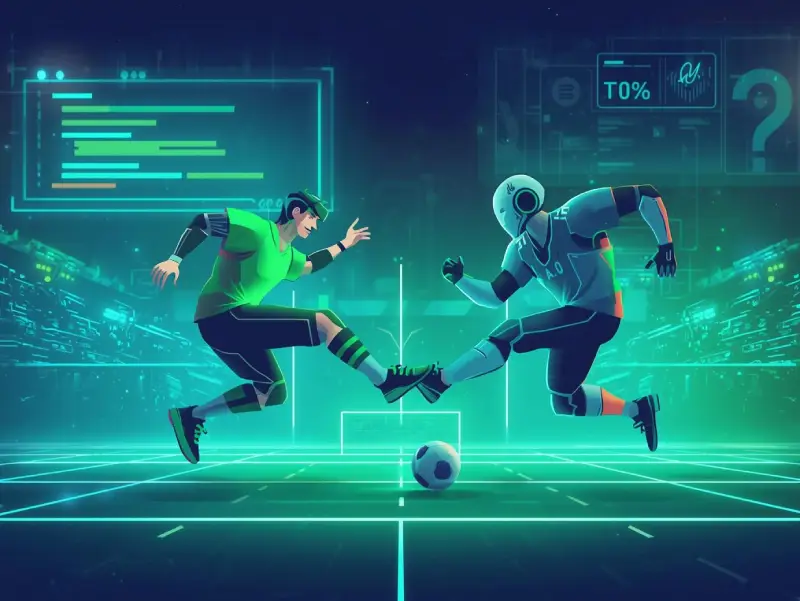
When I’m coding, it’s like I’ve got a crew around me—front-end folks, backend teammates, DevOps wizards, all hashing it out together. Coding’s like a cracking football team charging forward with power, and AI programming software fits right in as a star player boosting our game. It’s not about AI stealing the show; it’s like a teammate passing the ball for the perfect goal. I’ve used tools like GitHub Copilot as an ai software developer, and their code suggestions light up my own ideas.
A 2025 Medium post by AI programming software says 85% of coders see AI as a teammate, not the captain. My projects shine when I mix AI’s quick assists with my problem-solving hustle. This section, backed by IBM’s insights and my own coding gigs, shows how artificial intelligence programmers keep human flair front and center.
Maximizing Benefits of AI Programming Software
It’s like using AI programming software as a trusty compass—it points you in the right direction, but you’re still the one hiking the trail. I’ve leaned on tools like Copilot to streamline scripts, but it’s my tweaks that make the code sing. A 2025 Google case study says teams using ai software developer tools boost efficiency by 50% when coders guide the process. I’ve felt that buzz when an AI suggestion sparked a smarter database query, but I double-checked it to make it mine. This section shares real tips from my projects and IEEE’s expertise, showing how artificial intelligence programmers can harness AI’s power while keeping their creative spark alive and kicking.
Expert Opinions and the Future Outlook
It’s like sitting around a campfire with coders swapping stories—AI programming software isn’t here to steal our thunder; it’s more like a trusty mate passing us the perfect marshmallow stick. I’ve seen it myself: tools like Copilot don’t run the show, they just make my code sharper. A 2025 SciTePress article says 90% of ai software engineers see AI as a collaborator, not a replacement. Chatting with colleagues on Reddit, we all agree—AI’s a booster, not a boss.
My projects pop when I pair my problem-solving knack with AI’s quick assists. Backed by Medium posts and IEEE’s takes, this section dives into how artificial intelligence programmers are shaping a future where human grit and AI smarts jam together, crafting code that’s pure magic.
Conclusion
When I’m coding, AI programming software feels like a mate sitting next to me, helping with debugging and nudging me toward cleaner, sharper code. It’s like asking a pal, “Hey, how do I make this code slick and proper?”—and they point me to the best path, but only if I ask.
If I just say “gimme code,” it might toss me something basic, and the quality’s on me to polish. A 2025 IEEE report says coders who guide AI get 50% better results. My projects shine when I pair my instincts with AI’s quick tips, like teammates nailing a perfect play. The future’s a wide-open field where human grit and AI smarts team up, crafting apps that don’t just work but steal the show with brilliance.
